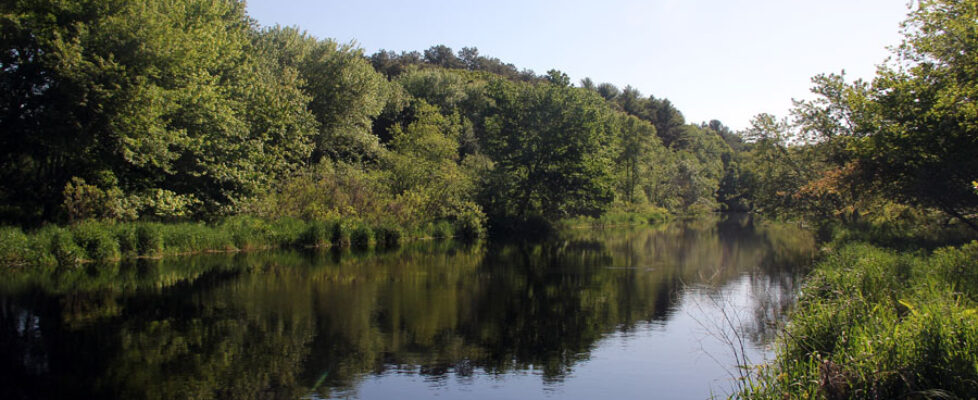Charlestown Wastewater Management Year In Review
Charlestown’s Wastewater Management Ordinance was first enacted in 1994. It was opposed by some as an invasion of privacy and a taking of property rights. Over time, most residents have recognized the importance of clean drinking water and a protected environment and now accept that they need to maintain and sometimes replace their septic systems.
Charlestown relies solely on groundwater for drinking water through private wells, and every household and business in Town relies only on local soils for disposal and treatment of sewage and wastewater.
There are currently 5,221 septic systems in Charlestown. This is fewer than the number of dwelling units because some housing developments, such as condominiums, use shared septic systems.
Matt Dowling, Charlestown’s long-time Onsite Wastewater Management Program Manager, prepares a report each year detailing the state of Charlestown’s septic systems, new research his office coordinates, educational outreach to homeowners, and much more.
Read the 2023 report to learn the current state of Charlestown’s long-standing mission to protect groundwater and surface water quality from Onsite Wastewater Treatment System (OWTS) related water quality impacts by managing the recycling of wastewater onsite.
From the report:
Since RIDEM has jurisdiction of all State groundwater, a RIDEM requirement for municipal sewer systems and stormwater runoff measures could be imposed. In fact, per RIDEM, the Town of Charlestown’s OWTS Program acts “in lieu of” a centralized municipal wastewater collection and treatment system. If our groundwater and surface water impacts continue to degrade, the RIDEM could implement a sewering requirement. The estimate in 2009 to sewer Charlestown Beach Road and adjacent side streets only was $49 Million.”Click Here To Read The Full Wastewater Management Office 2023 Report
The banner image is a photograph of the National Wild and Scenic Pawcatuck River, one of the many water bodies in Charlestown that depend on clean groundwater. Photo by Cliff Vanover.
